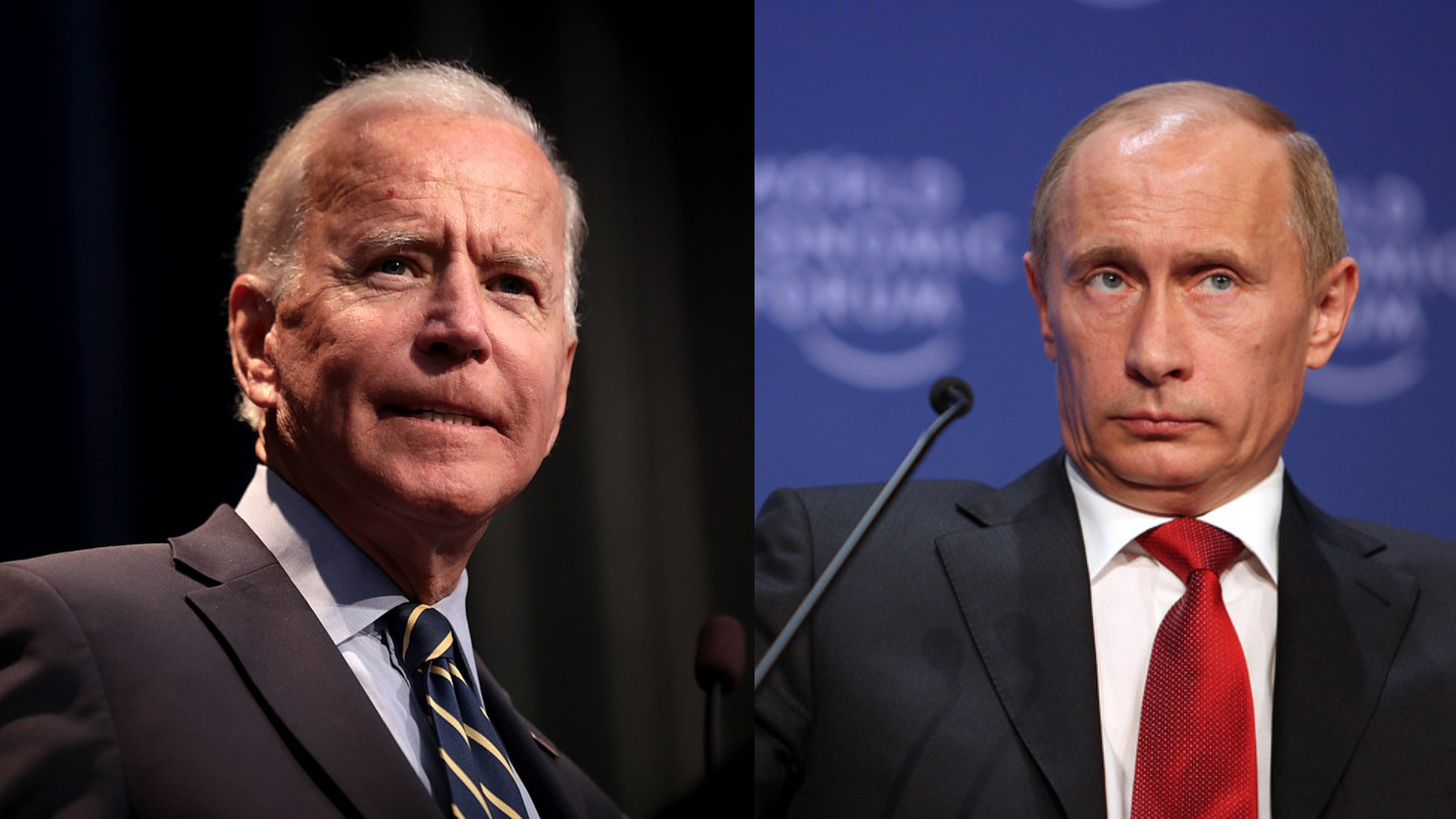Amid the growing global concerns over a new cold war emerging between US and Russia, the heads of both the states met in Geneva, Switzerland on Wednesday, June 16. The Villa La Grange summit between US president Joe Biden and his Russian counterpart Vladimir Putin, however, ended without any agreement on the major issues of concerN.
This was the first meeting of the heads of the two countries since 2018 and it was expected to lead to some concrete steps for the development of a relationship between the superpowers with nuclear capabilities. The relations between the countries had reached a new low in recent months, especially following provocative statements from the US side. However, both Putin and Biden, during their solo press conferences after the meeting that ended sooner than expected, failed to provide any concrete reassurances.
Joe Biden, who launched renewed diplomatic offensives against Russia after assuming the presidency in January this year, denied any possibility of a cold war between the countries and hoped that there will be more talks in future to resolve issues such as nuclear arms control. He also raised concerns about Russia’s growing closeness with China.
Russia has been targeted by the Biden administration in recent months in its attempts to revive the US’ global position, which it believes was compromised during his predecessor’s presidency. The Biden administration expressed concerns over Russia’s growing closeness with China as the US sees it as the challenger of its global hegemony.
During his press conference, Biden continued with his anti-China rhetoric and hoped that alleged Chinese pressure on Russia would force the Russians to cooperate with the US as “they desperately want to remain a major power” in world politics.
The Biden administration has imposed fresh sanctions on Russia accusing it of suppressing dissent after the opposition leader Alexei Navalny was imprisoned recently. Biden also warned that there would be “devastating consequences” if Navalny dies in prison in Russia. The US has already imposed various sanctions against Russia after the latter’s annexation of Crimea in 2014. Russia has increased the presence of its armed forces on the Ukrainian border recently leading to a fresh diplomatic row with the US.
In a positive development, both countries also agreed to return ambassadors to each other’s capital after more than three months. The ambassadors were withdrawn by both countries in March after Biden accused Russia of trying to interfere with last year’s presidential elections. Putin also hinted at a possible agreement on prisoner exchange between both the countries in the near future.
Russia has called the issue of Navalny as a simple law and order issue and not a suppression of dissent. It also raised the issue of the treatment of Black people in the US and called for greater rights protections. Russia also dismissed the allegations of its involvement in cyber attacks against the US, instead arguing that it has been the victim of US cyber attacks.
Though both the countries agreed on launching a “strategic stability dialogue” for future arms control and risk reduction, it is unclear whether the issue of renewal of some Cold War era arms agreements were discussed. Biden’s predecessor Donald Trump had withdrawn the US from several treaties such as Open Sky Treaty and Intermediate Range Nuclear Forces Treaty (INF), accusing Russia of violating their provisions. The Biden administration announced last month that it will not rejoin the Open Sky treaty following which, on June 7, Russia too withdrew from it. No commitment has been given on the INF treaty.





